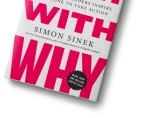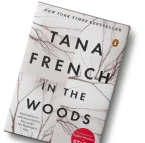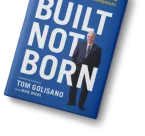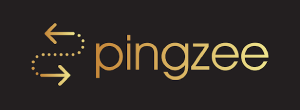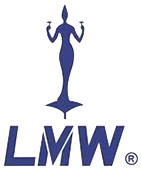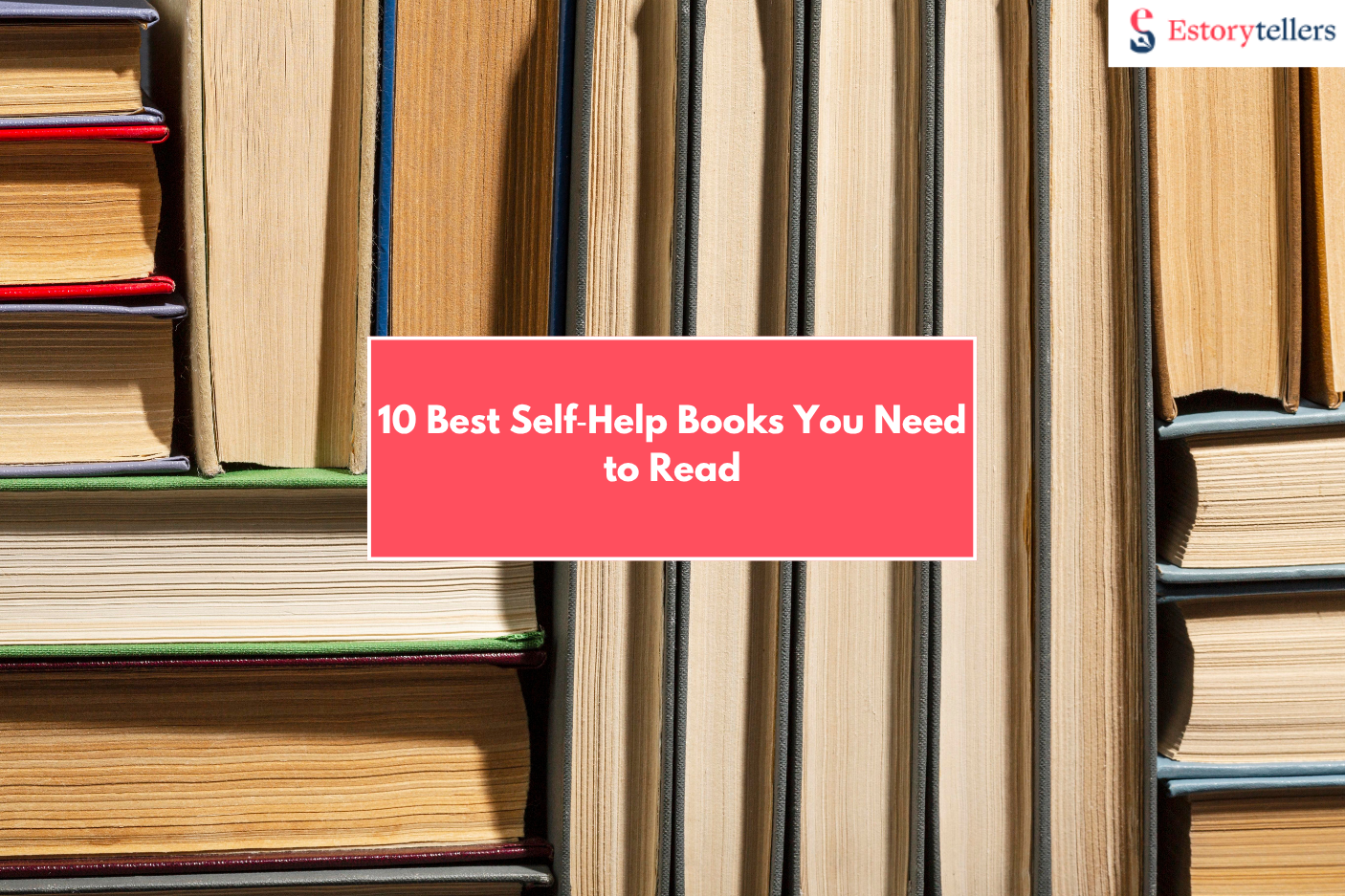
In a world that never stops, finding time for self‑improvement can feel like a task. But books offer us compact wisdom we can absorb on the go—during our morning commute, coffee break, or bedtime routine. The self‑help genre remains vibrant in 2025, blending scientific research, real stories, and practical exercises to help us grow.
After reviewing bestseller lists, expert roundups, Reddit threads, and newer voices, here are the 10 best self‑help books worth your attention. We’ve made sure each title covers a unique angle—habits, resilience, purpose, creativity, emotional strength—so there’s something for every growth journey. Plus, discover fresh recommendations and learn how Estorytellers supports your personal transformation through writing and self-reflection.
Have a Life-Changing Journey?
We help transform your personal growth into an inspiring self-help book readers love.
Start Writing Yours1. Atomic Habits by James Clear
Why It’s a Must-Read
Atomic Habits is about small changes that lead to big results. Clear explains how tiny 1% improvements, when added over time, produce massive change. His framework—cue, craving, response, reward—is simple, flexible, and backed by real-world examples.
What You’ll Learn
- How to build good habits and break bad ones
- The power of identity-based change (“I am a runner”)
- Environmental design and habit stacking
Why It Stands Out in 2025
Still topping motivational book lists, it offers fresh insights like the Goldilocks Rule (challenges must be just outside your comfort zone). Whether your goal is fitness, writing, or well-being, Atomic Habits gives you tools to stay consistent.
2. The Power of Habit by Charles Duhigg
Why It Matters
If you crave more structure and evidence-based advice, Duhigg’s exploration into the science of habits is your guide. He dives into real-life examples—from Starbucks to Alcoholics Anonymous—to show how changing routines can transform lives.
Key Ideas
- “Habit loop”: cue → routine → reward
- How keystone habits (like exercise) influence other behaviors
- Strategies for reshaping habits at scale
Fresh Perspective
It’s a perfect companion to Atomic Habits. As people seek sustainable change in 2025, Duhigg’s attention to context—workplaces, communities, organizations—makes it deeply relevant.
3. The 7 Habits of Highly Effective People by Stephen R. Covey
Why It’s Enduring
Covey’s classic remains a compass for personal and professional life. His seven habits—such as being proactive and putting first things first—provide a holistic guide balanced between ethics and effectiveness.
Core Framework
- Personal mastery (be proactive, begin with the end in mind)
- Interpersonal effectiveness (think win-win, seek to understand)
- Renewal (sharpen the saw: self-care and growth)
Why Read It Now
Originally published in 1989, it still ranks high on “top self-help books” lists in 2025. Its emphasis on values-based living continues to resonate with readers today.
4. Man’s Search for Meaning by Viktor E. Frankl
Why It’s Powerful
Frankl’s Holocaust memoir transcends tragedy—it’s a testament to hope and meaning under extreme conditions. His logotherapy framework argues that life’s primary drive is the search for meaning.
Valuable Lessons
- Suffering can be an opportunity to find purpose
- Meaning glimmers even in dire circumstances
- Life quality reflects attitude toward uncontrollable events
Why It Resonates in 2025
In a post-pandemic world, this book remains deeply relevant. Man’s Search for Meaning offers courage when life feels uncertain and helps readers ask: What makes life worth living?
5. The Power of Now by Eckhart Tolle
Why It’s Impactful
Tolle’s work is a modern spiritual guide stripped of dogma. He teaches how to identify with the present moment and transcend the ego’s constant chatter.
Practical Wisdom
- Recognize the difference between mind and being
- Use “watching the thinker” to end cycles of worry
- Cultivate inner.space for presence and peace
Relevance Today
Still widely recommended for stress relief and mindfulness in 2025, this book appeals to those seeking spiritual depth without religious context.
6. The Subtle Art of Not Giving a Fck* by Mark Manson
Why It’s Refreshing
Manson’s no-nonsense, profanity-laced narrative encourages readers to stop chasing false positivity and focus on what actually matters.
Key Lessons
- Accept limitations; choose meaningful values
- Struggle gives life value
- Saying no is powerful
Why It Stands Out
Still selling millions, it cuts through fleeting trends with blunt, relatable truth. A great pick if traditional self-help feels too saccharine.
7. The Four Agreements by Don Miguel Ruiz
Why It’s Transformative
Rooted in ancient Toltec wisdom, this compact guide offers four rules for freedom: be impeccable with your word, don’t take things personally, avoid assumptions, do your best.
Why It Works
- Simple enough to remember
- Effective in relationships and work
- Focuses on self-awareness and communication
Relevance Now
Used often in corporate training and life coaching, its timeless wisdom aligns with today’s self-responsibility trend.
8. Grit: The Power of Passion and Perseverance by Angela Duckworth
Why It’s Insightful
Duckworth builds her argument from years of research: talent is overrated. Grit—passion and perseverance—predicts high achievement.
Scalable Ideas
- Cultivate long-term interest
- Develop resilience
- Support kids with the “hard thing” mindset
Why It Matters in 2025
As burnout grows, grit shines a light on purposeful, sustained effort over short-term hustle.
9. The Mountain Is You by Brianna Wiest
Why It’s Unique
Wiest dives deep into self-sabotage—why we undermine ourselves and how to heal from within.
Practical Themes
- Emotional intelligence over logic
- Breaking self-limiting narratives
- Aligning emotions and actions
New Take
A newer voice in self-help circles, it bridges emotional healing with modern psychology, often missing in older motivational books.
10. Four Thousand Weeks by Oliver Burkeman
Why It’s Groundbreaking
Burkeman reminds us our lives are short—about 4,000 weeks. He encourages accepting this limitation and using time intentionally.
Key Insights
- Embrace existential constraints
- Value “inefficiency” and boredom
- Say no to overcommitment
Why It’s Worth Reading
With culture glorifying hustle, this book is a countercultural manifesto on living fully within limits.
Your Wisdom Deserves to Be Read
From idea to outline, we help you write a practical and empowering self-help guide.
Let’s Write & Publish TogetherWhat’s New & Noteworthy
We didn’t just rehash classics—this list fills in gaps:
- Emotional healing and self-awareness (Mountain Is You)
- Deeper reflection on time and existential values (Four Thousand Weeks)
- Equity between internal happiness and external productivity
- Peer experiences: Reddit threads confirm Subtle Art, Atomic Habits, and Grit remain fan favorites
Read This First: How to Choose Self-Help Books
- Want habit change? → Atomic Habits or The Power of Habit
- Looking for values or purpose? → 7 Habits or Frankl
- Need tough love? → Not Giving a Fck* or Four Agreements
- Seeking inner peace? → The Power of Now
- Battling emotional block? → Mountain Is You
- Struggling with time? → Four Thousand Weeks
How to Get the Most Out of Self-Help Books
Reading a self-help book is only part of the journey—real transformation begins when you actively engage with what you’ve learned. Here are simple ways to make these books truly life-changing:
1. Take Notes or Highlight
Don’t be afraid to mark up your copy. Underline ideas that resonate, write margin notes, or use a digital highlighter if you’re reading on Kindle. These notes become anchors for reflection later.
2. Journal As You Read
Write a short response to each chapter. What did it make you feel? What change could you apply today? This helps internalize insights and track your growth.
3. Start Small, Stay Consistent
Choose one idea to try out immediately—like habit stacking from Atomic Habits or a daily “power-down ritual” inspired by Four Thousand Weeks. Lasting change builds slowly.
4. Share With Others
Talking about what you’re learning—on social media, in a book club, or with friends—creates accountability and gives you fresh perspectives.
5. Revisit Regularly
Self-help books aren’t one-time reads. Revisit key chapters every few months, especially when you’re stuck or need a mindset reset.
Writing Your Own Self-Help Book? Estorytellers Can Help
If reading self-help books inspires you to share your own life lessons or transformation story, you’re not alone. Many great authors begin with one powerful idea they can’t keep to themselves.
At Estorytellers, we help aspiring authors craft self-help books that actually help. Our process includes:
- Story mining: Extract powerful personal experiences and turn them into teachable moments
- Structural planning: Organize your ideas into a reader-friendly format (frameworks, exercises, insights)
- Collaborative writing: Work with professional ghostwriters or editors to sharpen your message
- Publishing support: From self-publishing guidance to book marketing, we’re with you from manuscript to marketplace
As Kritika, lead coach at Estorytellers, says:
“Your journey might be exactly what someone else needs to hear. Writing it well makes it a gift—not just a story.”
Whether you want to write for others or simply for yourself, we’ll help you do it with purpose, precision, and heart.
Ready to Empower Others?
Write Right helps you publish your book across Amazon, Kindle, and global stores easily.
Publish Now With EstorytellersFinal Thoughts
The self-help genre continues evolving, expanding from productivity hacks to emotional and existential exploration. This list blends timeless classics and newer voices that reflect the 2025 self-care landscape. Each book offers a doorway: to build habits, find purpose, embrace limits, or tame inner narratives.
Run your own path. Read, reflect, and act daily. And if you want supportive guidance and a writing-focused companion in that journey, Estorytellers is here.
Your next chapter isn’t just read—it’s written.







